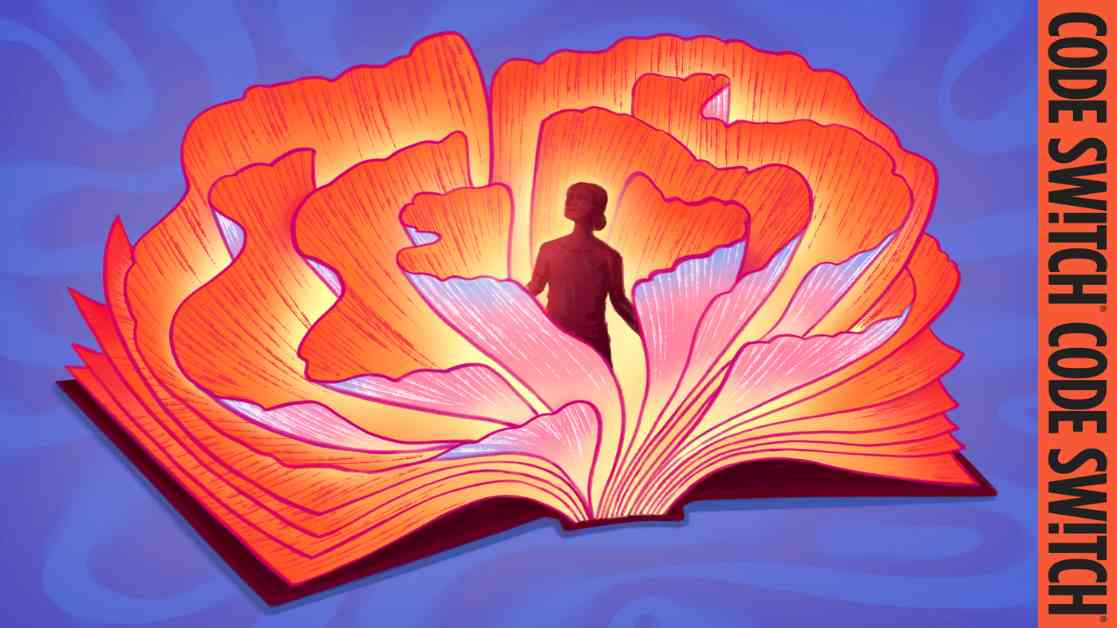Some authors may feel a sense of pride when their books end up on banned lists, but the reality is that most banned books do not receive the same recognition or readership as well-known classics. Books by underrepresented authors, especially Indigenous authors, are often targeted by bans. However, reactions to these bans vary among individuals. In a recent podcast episode, Hawaiian author Hinaleimoana Wong-Kalu discussed why she is not overly concerned about her book, Kapaemahu, being banned in Virginia.
Additionally, scholar Debbie Reese has dedicated her career to correcting misrepresentations of Indigenous people in children’s literature. While she acknowledges books she would not recommend, she also highlights books that offer nuanced and authentic representations of Indigenous people and stories. Here are some of her recommendations:
Picture Books:
– “Forever Cousins” by Laurel Goodluck (Mandan, Hidatsa, and Tsimshian) and illustrated by Jonathan Nelson (Diné) explores the presence of Native people in major cities and reservations, shedding light on the Indian Relocation Act.
– “Contenders: Two Native Baseball Players, One World Series” by Traci Sorell (enrolled citizen, Cherokee Nation) and illustrated by Arigon Starr (enrolled member of the Kickapoo Tribe of Oklahoma) offers a nonfiction look at the lives of two Native baseball players, addressing the racism they faced.
Middle Grades:
– “We Still Belong” by Christine Day (Upper Skagit) with cover art by Madelyn Goodnight (citizen of Chickasaw Nation) delves into the experience of a Native student navigating her identity in school and within her tribe.
– “Heroes of the Water Monster” by Brian Young (Diné) with cover art by Shonto Begay (Diné) tells a story of two Diné boys working together to protect water, while acknowledging historical trauma.
High School:
– “Warrior Girl Unearthed” by Angeline Boulley (enrolled member of the Sault Ste. Marie Tribe of Chippewa Indians) with cover art by Michaela Goade (enrolled member of the Tlingit and Haida Indian Tribes of Alaska) follows a teen who learns about federal laws protecting Native remains while working at a tribal museum.
– “Rez Ball” by Byron Graves (enrolled member of the Red Lake band of Ojibwe) with cover illustration by Natasha Donovan explores themes of coping with loss and Native culture through basketball.
This episode of the podcast was engineered by James Willetts, shedding light on the impact of book bans on Indigenous literature and the importance of authentic representation in literature.



